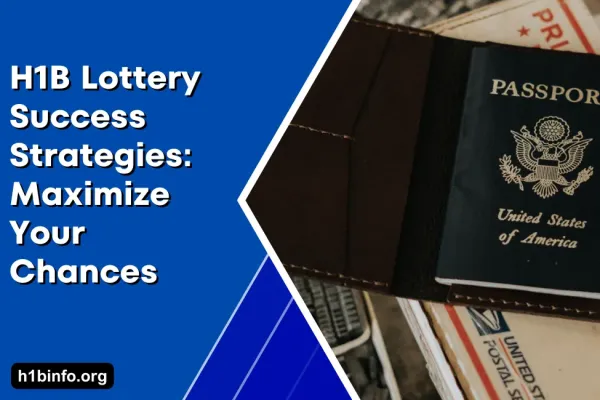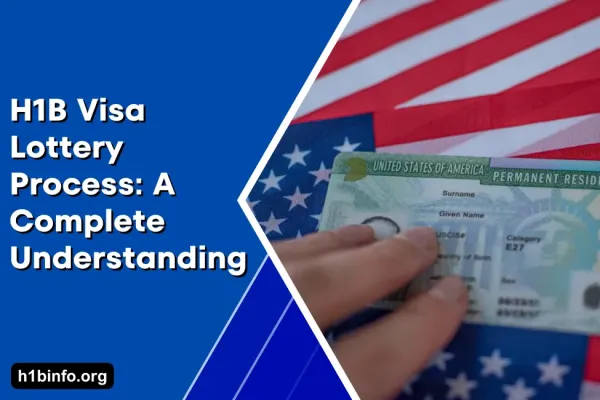The H1B visa, an employment-based non-immigrant visa, enables skilled foreign individuals to pursue specialty occupations in the United States. This visa category holds significant appeal for international students and proficient professionals aspiring to work in the US. However, due to the overwhelming demand for H1B visas, surpassing the available slots, a lottery-like system has been implemented to allocate them. In addition to that, you can use our data from H1Binfo.org to search for whatever you want H1B related.
Current Environment
Several ongoing political, economic, and health-related factors are poised to impact the number of H-1B registrations filed this year, indicating an anticipated increase in registrations. Positive indicators such as the decline in COVID-19 deaths and hospitalizations, widespread vaccine distribution, and the resumption of global travel all contribute to this expectation.
In the previous year, many employers who were selected did not file their registrations due to travel restrictions. Furthermore, the Biden Administration's decision to revoke the Buy American, Hire American Executive order has resulted in higher H-1B approval rates, thanks to the changes implemented by the United States Citizenship and Immigration Services (USCIS) in managing the H-1B program.
The H-1B denial rate for FY2021 stood at 4%, a significant decrease from the previous year's rate of 13%. This trajectory suggests a reduced likelihood of denials for the current year.
Ways to Avoid Decreasing Your H1B Probability
To maximize your chances of obtaining an H-1B visa, it is crucial to avoid certain actions that may decrease your probability. One such action is when your employer submits multiple applications on your behalf. If USCIS receives multiple applications for the same employee from one employer, both applications will be rejected, thereby eliminating your chances in the H-1B lottery.
Similarly, it is important to avoid attempting to circumvent the system by having multiple applications filed by different employers for identical projects. Such actions will raise suspicions with USCIS. While it is legally permissible to have more than one job offer from different employers, ensuring that these offers are legitimate and in compliance with the law is essential.
Tips and Strategies to Increase Your Chances
There are several strategies that applicants can use to maximize their chances of getting selected in the H1B lottery.
- Enhancing the likelihood of being chosen in the H1B lottery can be achieved through various strategic approaches. One such approach involves identifying sought-after skills that are in high demand within the US job market. US employers tend to sponsor visas for individuals possessing these valuable skills. Examples of such in-demand skills include software engineering, data analysis, and healthcare expertise.
- Another strategy that can heighten the prospects of being selected in the H1B lottery involves opting for the advanced degree cap. Applicants who hold advanced degrees from US educational institutions enjoy a greater likelihood of being chosen in the initial round of the H1B lottery. This round reserves 20,000 visas specifically for them, thus amplifying the overall chances of success in the lottery.
- Having a contingency plan also proves to be a prudent strategy. Applicants may consider exploring alternative visa options like the L1 or O visas, as they entail comparatively less competition than the H1B visa. Consulting with an immigration attorney is vital to thoroughly examine all available alternatives.
- Furthermore, applicants can enhance their qualifications and skills to bolster their competitiveness in the job market. Pursuing higher education, obtaining relevant certifications, and gaining substantial work experience can significantly augment an applicant's likelihood of being selected in the H1B lottery.
Preparing a strong application is also important for maximizing chances in the H1B lottery. This involves submitting a complete and accurate application with all necessary documents and providing clear and concise information about the job offer, the applicant’s qualifications, and the employer’s business.

